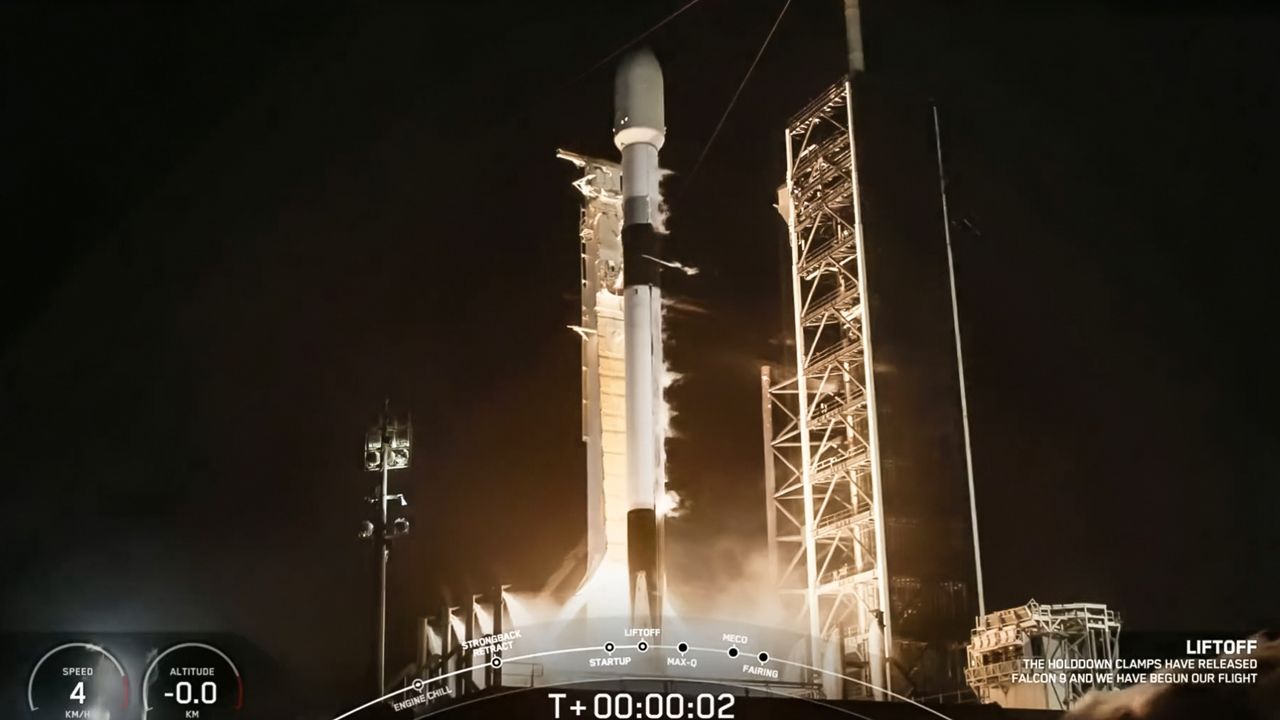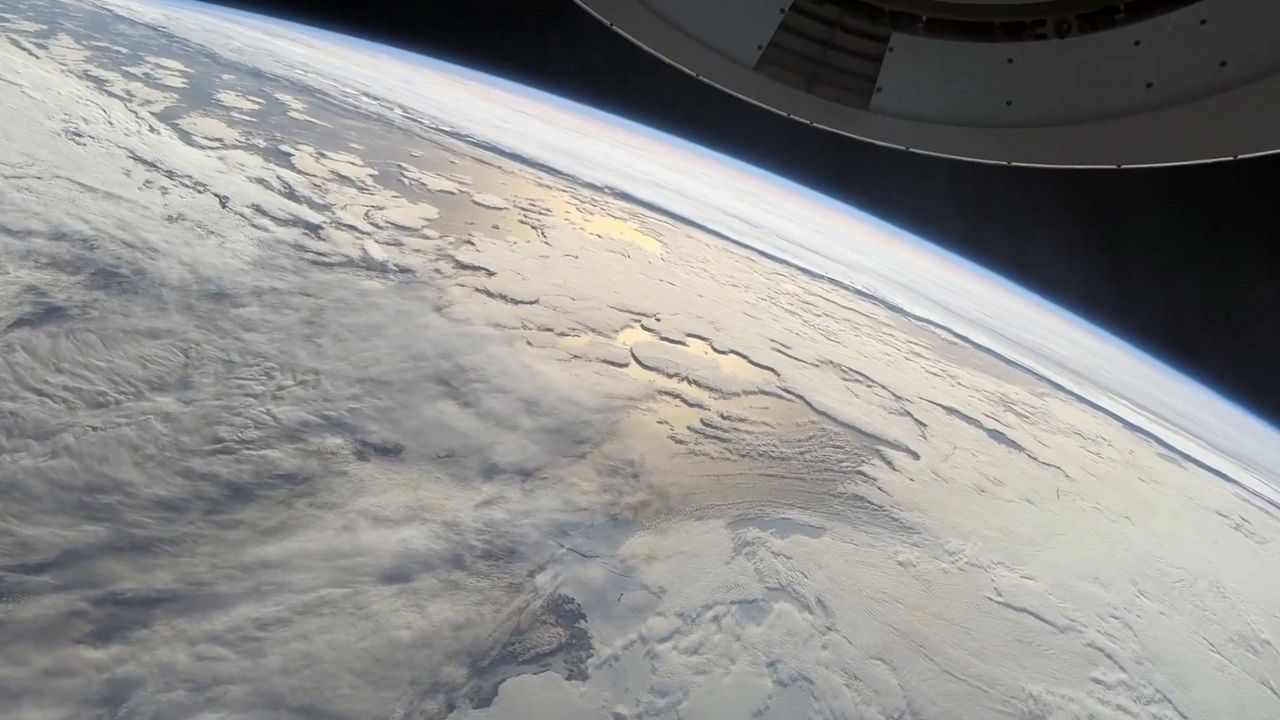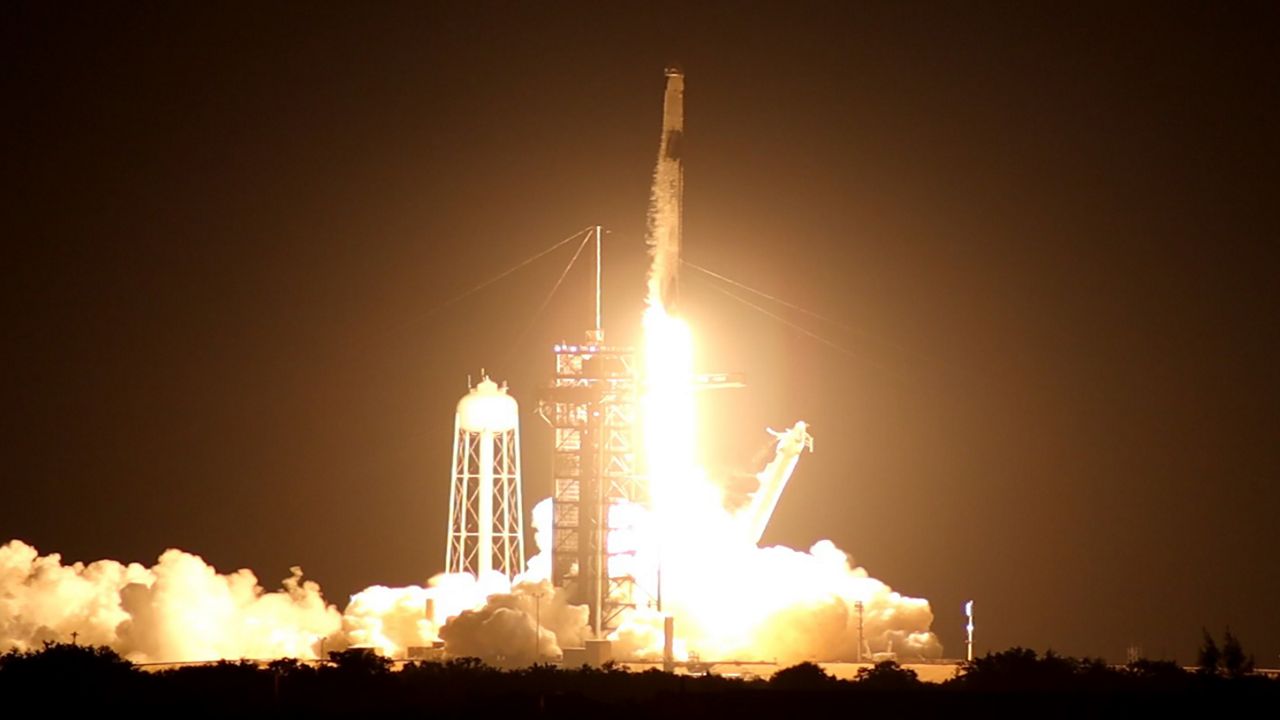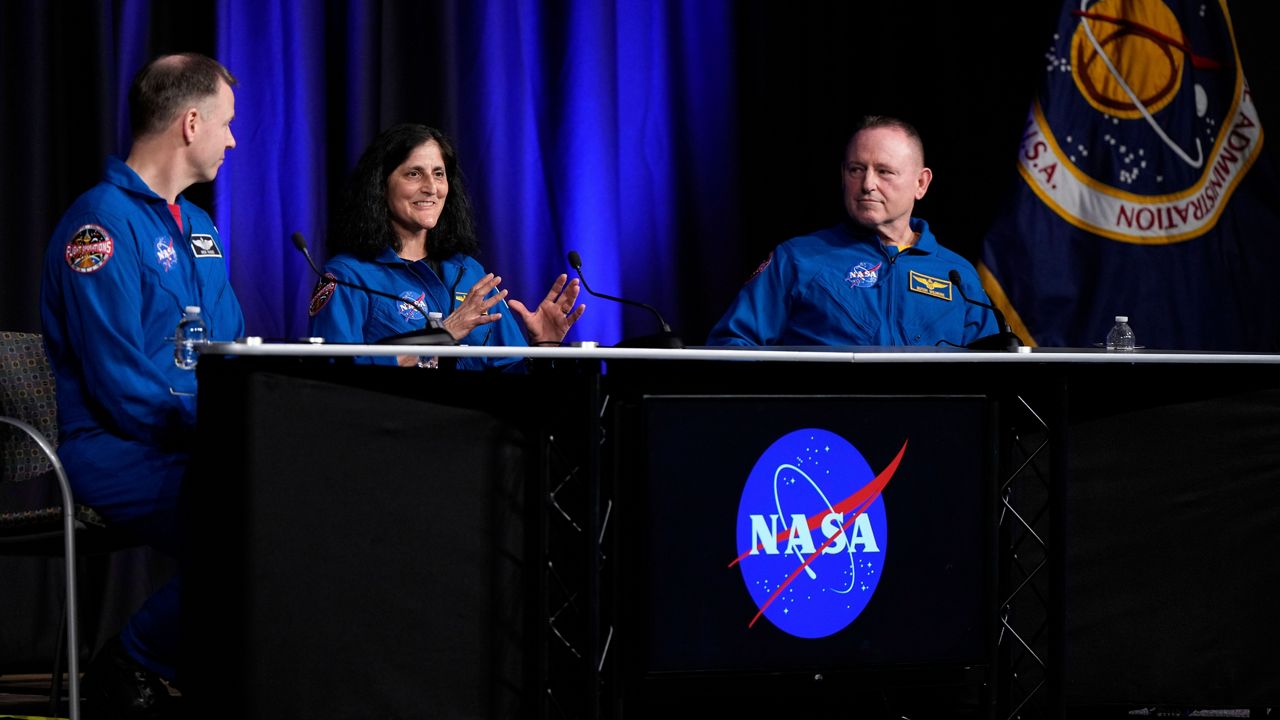KENNEDY SPACE CENTER — SpaceX launched a pair of European GPS satellites on Saturday night as it retires the mission’s first-stage booster rocket.
What You Need To Know
- The launch window opened at 8:34 p.m. ET
- The liftoff happened from Launch Complex 39A (LC-39A) at Kennedy Space Center
Liftoff! pic.twitter.com/NolsTPxBBU
— SpaceX (@SpaceX) April 28, 2024
The California-based company sent up its Falcon 9 rocket from Launch Complex 39A at the Kennedy Space Center, stated SpaceX.
The launch window opened at 8:34 p.m. ET.
The 45th Weather Squadron gave a 75% chance of good launch conditions.
“A brief, coastal shower cannot be ruled out due to the deep onshore flow, but dry air in the mid-levels should help cap off any significant vertical development. Additionally, there will be increasing upper-level cloud cover as Saturday evening progresses, introducing a thick cloud layer concern. However, these clouds will likely remain cold enough to avoid a significant violation threat,” the squadron stated.
The main concerns against the launch were the liftoff winds, cumulus cloud and thick cloud layers rules.
If there was a scrub, the next launch attempt would have been Sunday at 8:30 p.m. ET.
Going into retirement
This will be a big mission for the Falcon 9's first-stage booster B1060. This will be the 20th launch for old B1060. Before the Galileo mission, it has had 19 successful ones.
- GPS III-3
- Turksat 5A
- Transporter-2
- Transporter-6
- Intelsat G-33/G-34
- IM-1 Nova-C lunar lander mission
- 13 Starlink missions
And it will be the final mission for B1060 as it will be retired. It will not be landing on a droneship.
#DYK that Galileo was born in the Netherlands in the 1990s?
— European Space Agency (@esa) April 25, 2024
No, not 'that' Galileo. We're talking about Europe’s own global navigation satellite system, developed at ESA ESTEC in Noordwijk almost three decades ago!
A few more things you might not know about Galileo… pic.twitter.com/5YAo2gc3o3
About the mission
SpaceX sent up a pair of Europe’s global navigation satellite system (just like GPS) satellites for the Galileo L12 mission. These satellites are called Galileo and the duo will be sent to medium Earth orbit at 14,291 miles (23,000 kilometers) above the round little planet, according to the European Space Agency.
These satellites, built by Airbus, are used in Europe for such things as search and rescue, robotics, self-driving cars, trains, ships and drones and “also simply finding your way via your smartphone,” the space agency explained.
The goal is to have a total of 24 operational satellites in orbit with six in-orbit spares, according to the European Union’s space program.








